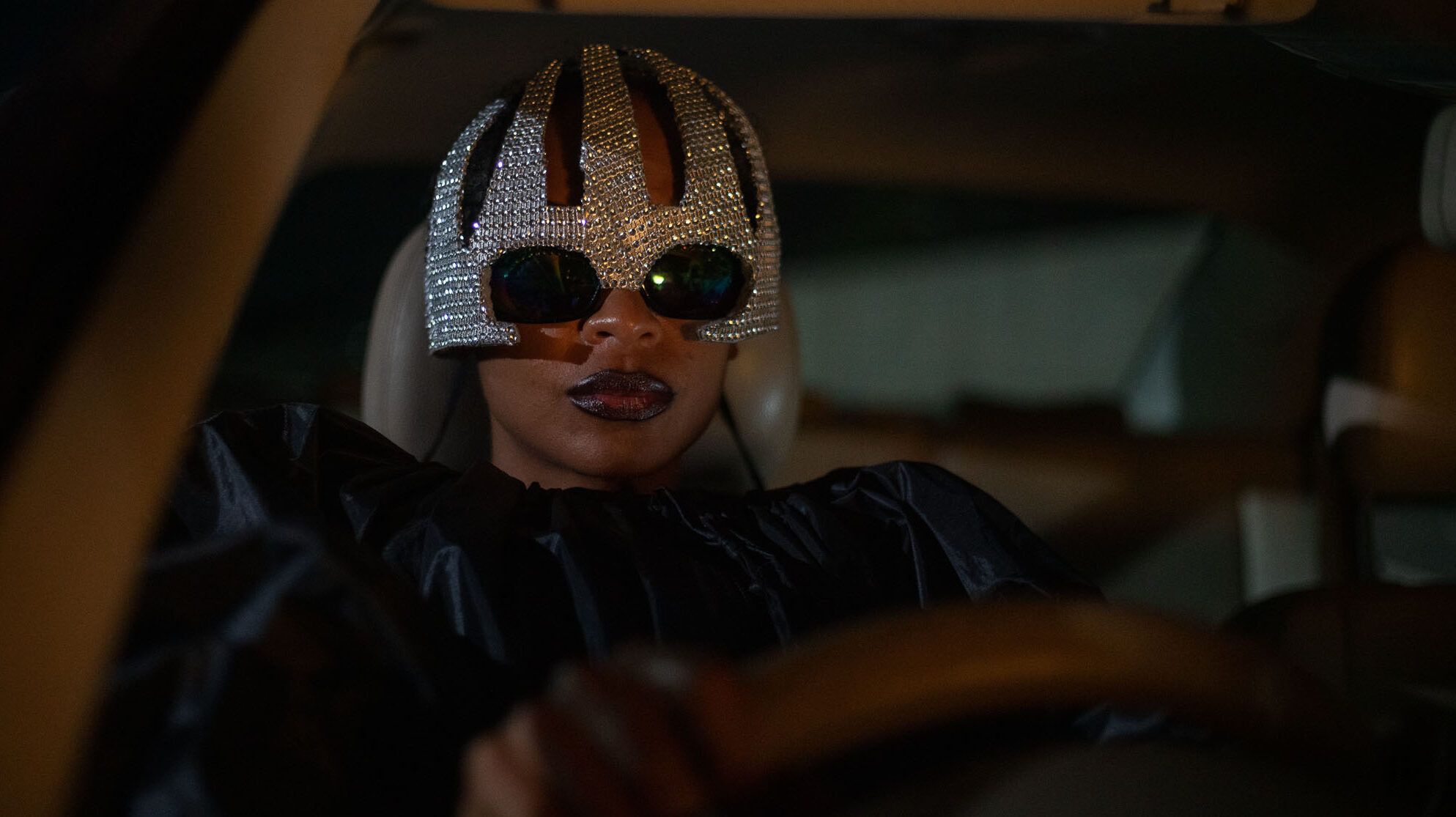Curating a line-up of over 70 films for an event like Film Africa (25 Oct–3 Nov) is both an exciting and daunting task. I wanted to capture the rich diversity of African cinema spanning more than 20 countries: from Morocco to Madagascar, Sierra Leone to Senegal – while showcasing the exceptional storytelling that defines African cinema today and has the potential to touch people from all over the world.
As a curator with many years’ experience, every decision I make is deliberate, especially when it comes to how cinema interacts with memory, both personally and collectively. Each film in this programme is a gem. Every choice has meaning and purpose behind it. Nearly 300 films were submitted for Film Africa this year alone. I watched all of them, often moving between multiple screens before eventually distilling the list to a final 70 films, including shorts. I’m addicted to watching films, and it’s been incredible to discover the creativity and the diversity of stories coming from the continent.
When it comes to curating a film festival, People often ask, “What’s the theme?” But it’s hard to know at first. I just watch the films and ideas emerge. I remember trying to figure out how to approach the theme for Film Africa this year. I had just been to Berlin, where I watched Dahomey – our opening film by Senegalese filmmaker Mati Diop and winner of the Golden Bear at the 2024 Berlinale. The documentary presents a dramatised account of the return of 26 royal treasures from a museum in France to their rightful home. I also watched several other films by powerful female filmmakers such as Rungano Nyoni’s On Becoming a Guinea Fowl, a dark comedy-drama which begins to address the hidden sexual abuse and buried secrets of a traditional, middle-class Zambian family.
- Why the problems of this remote Kenyan community are the problems that face us all
- Black History Month: 12 forgotten Black heroes who defined and redefined modern Britain
Their work really stood out to me. That’s when I realised that women were dominating the programme with their powerful storytelling and I wanted to celebrate that. I’m not exaggerating when I say that this is a golden moment for African women in cinema.
As I continued watching the films, I began to think more broadly. That’s when the idea came to me to develop a theme inspired by Dahomey – the idea of restitution. It is not just physical artefacts that are stolen; this year’s festival explores the restitution of African culture through film, their cinematic heritage.
The Ciné Lumière in South Kensington will showcase films restored by the World Cinema Project, a non-profit founded by Martin Scorsese in 1995 to preserve seminal films – and therefore culture – from around the world. This includes 1968’s groundbreaking Mandabi, the first-ever feature film shot in an African language (Wolof) directed by ‘the father of African film’ Ousmane Sembène.










